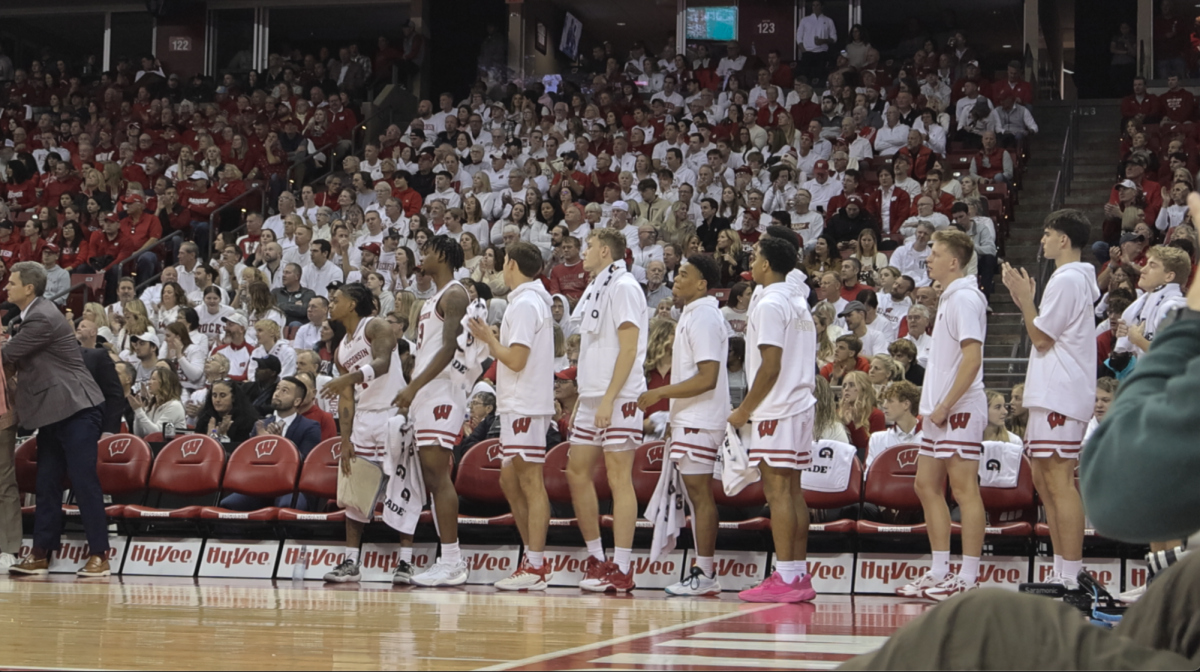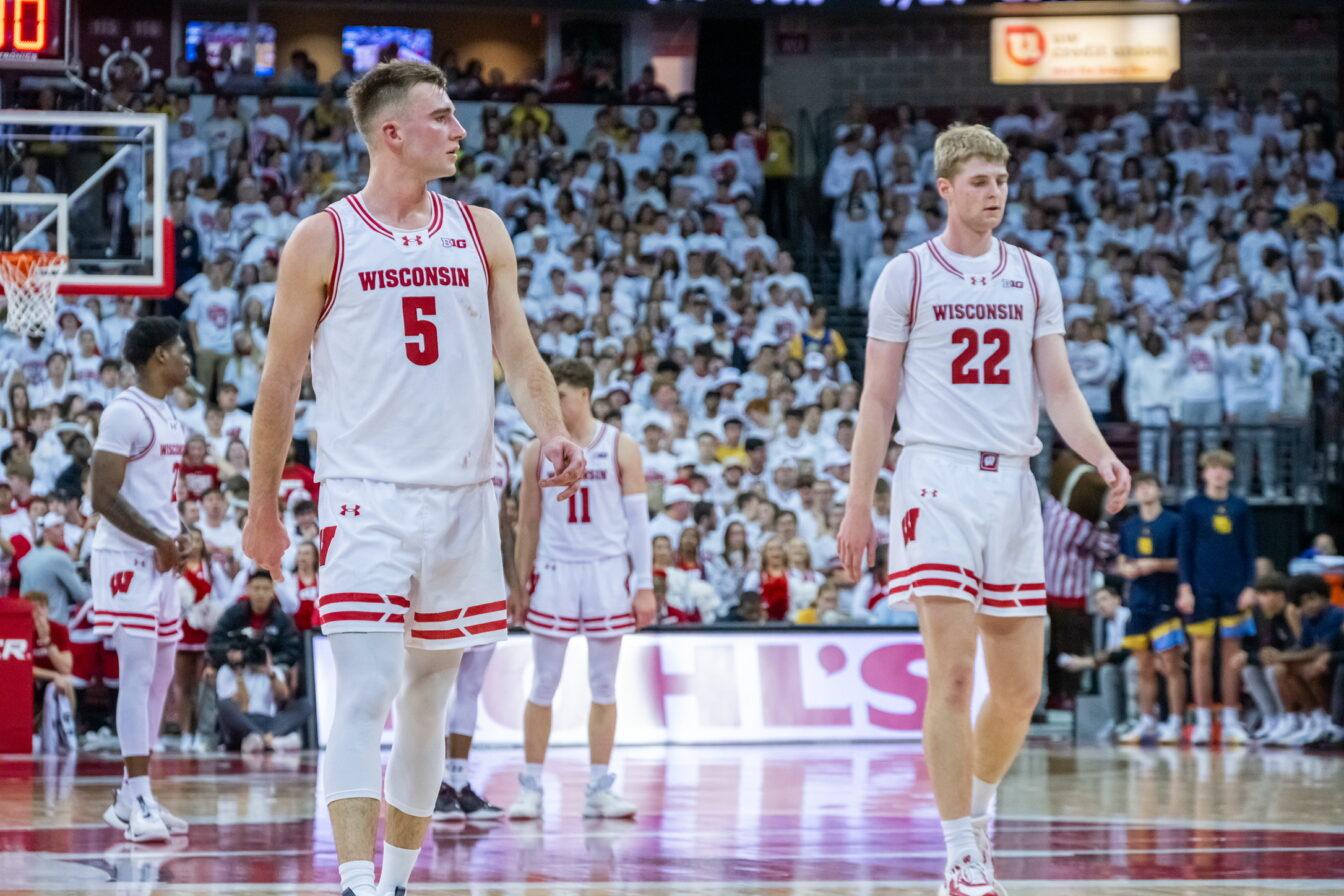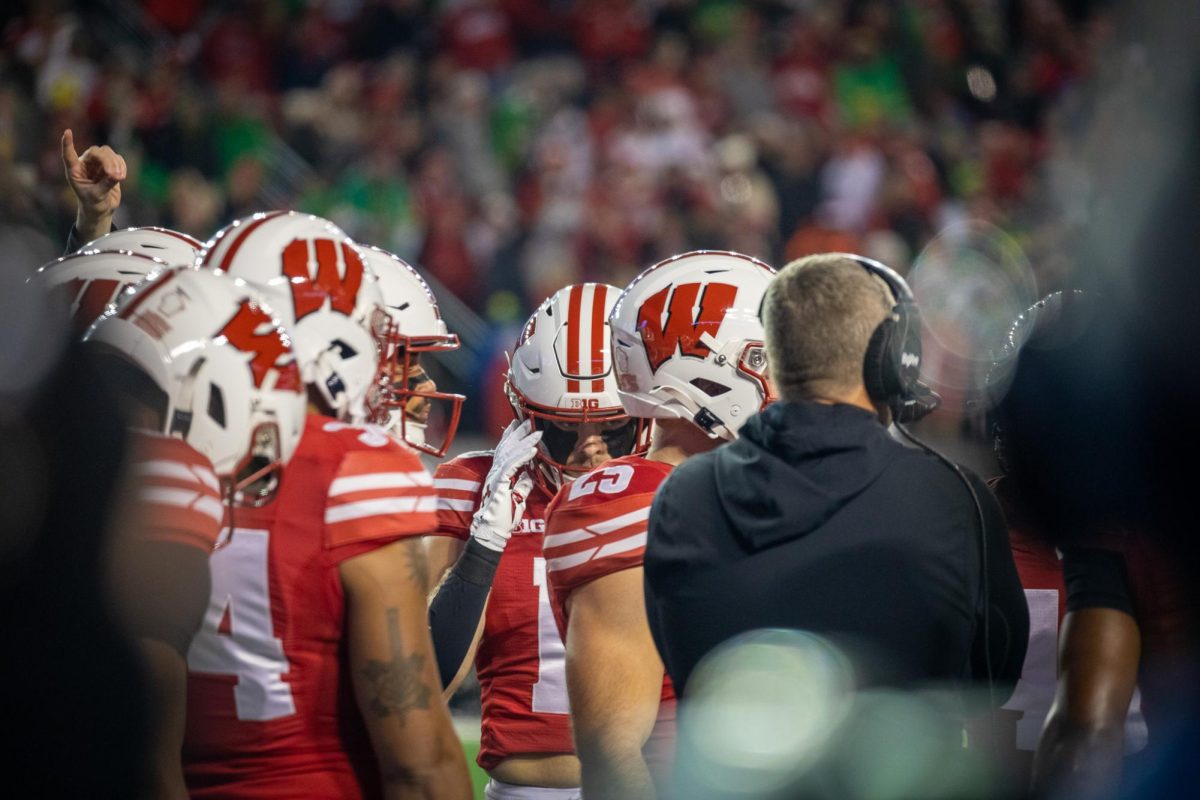Saturday represents the start of a career for one of Madison’s own. Doesn’t ring any bells?
He was the only player on campus this academic year to lead the Big Ten in scoring during the regular season.
I know what you’re thinking — Devin Harris has been gone for almost a year.
Here’s another hint: he was the best footballer in Wisconsin this season.
Wait a sec? Erasmus James? Nope.
“He” is none other than Nick Van Sicklen, formerly of the Wisconsin men’s soccer team. And, yes, Saturday is the kick-off for the 10th season of Major League Soccer. Van Sicklen and the rest of his D.C. United teammates hit the pitch for the league’s opening match when they travel to Los Angeles to face Chivas U.S.A., one of two new expansion teams.
As a whole, MLS has continued to grow in the face of constant nay-saying by soccer fans from the United States and the rest of the world alike. And the pool of future talent continues to grow as millions of Americans across the nation send their kids to soccer practice.
The sport is one of the fastest-growing pastimes in the country. Yet MLS continues to wallow in obscurity, struggling to draw attendance or gain the approval of the American public. Individuals who claim they cannot stand watching soccer somehow find a way to sit through their children’s U-12 games. Yet, MLS is generally considered a joke, a league featuring an extremely low level of play in the eyes of those detractors.
Real soccer is found in the English Premiership, Italian Serie A, Spanish Primera or the German Bundesliga.
Now, no one can argue against the fact that those and other European leagues play at a much higher level of soccer. With players like Thierry Henry, Andriy Shevchenko and Ronaldinho, there is no basis for that contention. Taylor Twellman, Pat Noonan and Ante Razov don’t exactly compare favorably. And, obviously, star MLS players continue to make the cross-continental move when they have the chance.
But the MLS is still improving. Need proof?
The United States national team is recognized around the world as one of the top up-and-coming squads. Granted, the team does include several players from European leagues — midfielder DaMarcus Beasley plays for PSV Eindhoven of the Dutch league; captain Claudio Reyna suits up for Manchester City of the English Premier League; and center back Carlos Bocanegra plays on the back line for Fulham, also of the EPL. The trio is just a sampling of American players’ international presence.
But take a close look at the statistics. The active U.S. leading goal scorer is Brian McBride with 26 international strikes. While McBride now plays with Bocanegra at Fulham, he scored the majority of those goals, including a pair of game-winners in the last World Cup, while suiting up for the Columbus Crew, whom he played for from 1996 to 2003, with a short stay in England mixed in.
The team’s second active leading scorer and arguably its best player, Landon Donovan, returned to MLS Thursday, joining the Los Angeles Galaxy. Skeptics can criticize Donovan’s play during his recent but brief stay in the Bundesliga, but his 19 international goals speak for themselves.
Team USA’s newest star, 21-year-old striker Eddie Johnson, has burst onto the scene, tallying eight goals in just eight appearances thus far. And he also plays in MLS. By comparison, Johnson scored 12 goals in 26 matches for FC Dallas last season.
Donovan and Johnson hooked up for the United States’ first goal in a 2-0 win over Guatemala Wednesday night. Fellow MLS player Steve Ralston scored the second goal and earned Man of the Match honors.
So is all this just a coincidence?
Scoring goals has become old hat for MLS players in the Team USA’s run to the next World Cup. Thus far, 17 of the United States’ 24 total goals in the semifinal and final round of qualifying have come from current MLS players. Donovan and Johnson alone have combined to score 11.
Is the MLS really that terrible? Can a league that heavily fuels the offense of the No. 10-ranked national team in the FIFA world rankings be written off as easily as it has been over the years?
Sure, the overall level of play isn’t as high as that in the European leagues. The talent pool isn’t as deep. There are no larger-than-life stars like Ronaldo, Beckham or Zidane.
But if America is to succeed in the coming years of Freddy Adu and Eddie Gaven, it will need MLS to continue to support its national team. Now, MLS just needs Americans to support it.






